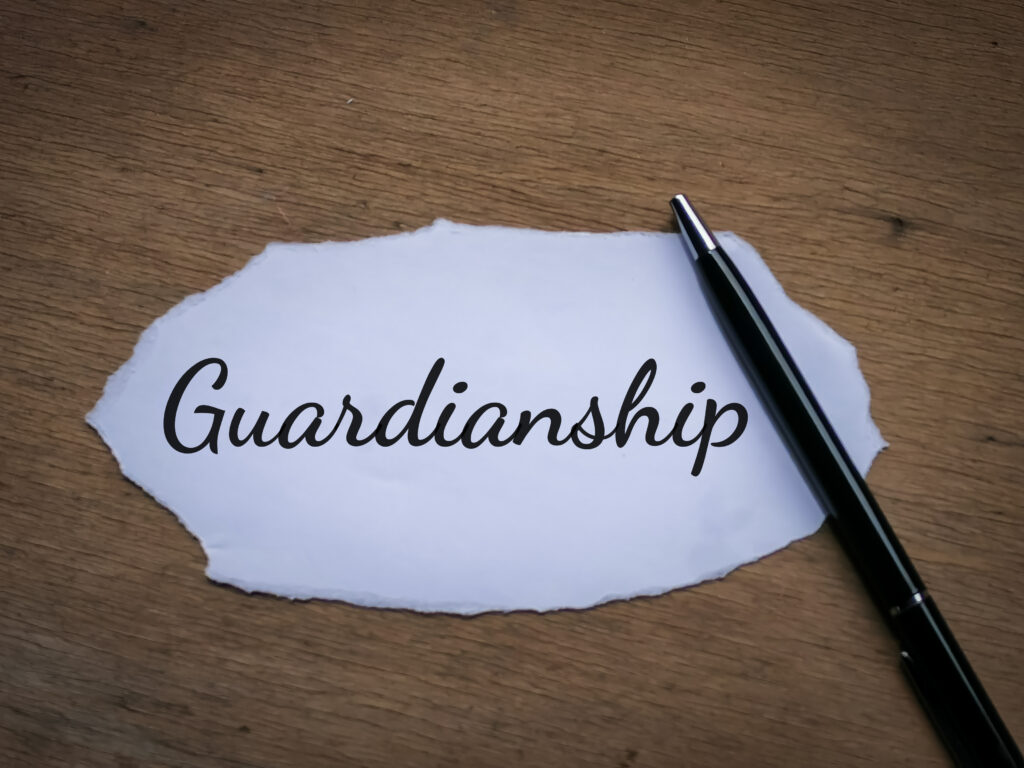
In most counties in Illinois, the judge will appoint a Guardian ad Litem (frequently referred to by its abbreviation “G-A-L”) before appointing a guardian of a Ward. This is a confusing term because both “Guardian” and “Guardian ad Litem” have the word Guardian in them – but they could not be more different in their roles!
Guardian vs Guardian ad Litem
A Guardian is a person who is appointed to make financial and healthcare decisions for a Ward (someone who the court is has determined has a disability such that they cannot capably or safely make the decisions themselves). To become a Guardian, a person must ask, or petition, a court to be appointed.
A Guardian ad litem, on the other hand, is someone the judge appoints without anyone asking. The purpose of a Guardian ad litem is to observe the Ward and to summarize those observations for the judge. The Guardian ad litem is sometimes called “the eyes and the ears of the court” because of their purpose of observation.
The Role of a Guardian ad Litem
A Guardian ad Litem is necessary in any proceeding in which the Ward cannot be present in court, because it would cause them harm.
If the Ward were able to come to court, the Judge would be able to observe the Ward themselves. The Judge could evaluate what the Ward’s condition is. Does the Ward’s condition seem to match the diagnosis the petitioner has pled to the court? Does the Ward seem to understand what is happening to the extent that they don’t need a plenary guardian? Is the Ward behaving in a way that leads the Judge to believe they object to the petition, or need their own lawyer?
However, almost all of the Wards we represent in our office have disabilities which prevent them from being able to go to court, almost every case we work on has a Guardian ad Litem appointed.
The Guardian ad Litem generally contacts the petitioner (the person asking to be guardian) about a week before the court hearing to set up an appointment to go meet with the Ward. When the Guardian ad Litem meets with the Ward, they will read the Ward a list of rights, and they will generally ask basic questions such as what day it is, when was the Ward born, who is the Ward’s family, and who is the president. They will always ask the Ward whether they understand what a guardianship proceeding is and if they agree to have the petitioner become their guardian.
The Guardian ad Litem will then write their observations up for the judge and present them on the court date that the judge makes a guardianship appointment.
It is important to be forthcoming with any Guardian ad Litem appointed to your case, and to invite them to visit the Ward as much as they need to in order to write a report up for court.
If you have questions about what a Guardian ad Litem does or if you are interested in becoming guardian for someone, contact us here or call us for a free 15-minute consultation at Ph: (312) 583-9430.
